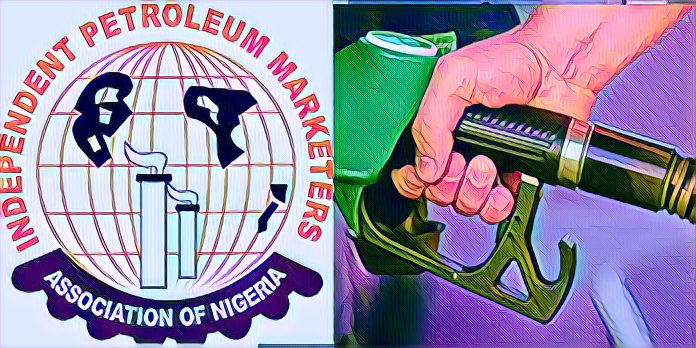The ongoing fuel scarcity in Nigeria has escalated tensions between the Independent Petroleum Marketers Association of Nigeria (IPMAN) and government regulatory bodies, particularly over the non-payment of substantial bridging claims amounting to N200 billion. This financial dispute has now pushed IPMAN to the brink, prompting them to threaten a shutdown that could further destabilize fuel supply across the nation.
During a press conference held in Abuja, Alhaji Yahaya Alhassan, the Chairman of the IPMAN Depot Chairmen Forum, clarified the position of the association concerning the current fuel scarcity. He pointed out that contrary to public perception, IPMAN members are not responsible for the fuel shortages. Instead, the scarcity stems from their inability to procure petroleum products due to the monopolistic practices of the Nigerian National Petroleum Company Limited (NNPC Ltd.), which is currently the sole importer of fuel.
Alhassan detailed the economic impracticality of sourcing fuel from private depots, which sell the fuel at high prices that are unsustainable for distribution and sale at regulated prices. “We cannot buy fuel from the private depots at N950 and transport the product from Lagos to the North and other parts of the country with N2 million and still sell it at N900 or N1,000,” Alhassan explained. This situation, he noted, not only affects the profitability of their operations but also exacerbates the fuel scarcity due to the unavailability of products.
The NNPC Ltd., represented by its Chief Corporate Communications Officer, Olufemi Soneye, acknowledged a temporary disruption in the distribution network, attributing it to logistical challenges that have since been resolved. Soneye confirmed that the country has a sufficient supply of over 1.5 billion liters of fuel, which should ideally last for at least 30 days under normal circumstances. However, he admitted that the recovery from such disruptions usually takes twice as long as the disruption itself.
Amidst these operational challenges, the issue of unpaid bridging claims remains a significant bone of contention. Bridging claims are compensations owed to fuel marketers for the transportation of petroleum products across different parts of the country, intended to stabilize fuel prices nationwide. The non-payment of these claims has severely impacted the operations of IPMAN members, some of whom have resorted to shutting down their businesses and laying off workers.
The frustration within IPMAN was palpable as Alhassan recounted promises made by Sen. Heineken Lokpobiri, the Minister of State for Petroleum Resources, who had directed the Nigerian Midstream and Downstream Petroleum Regulatory Authority (NMDPRA) to settle the debts within 40 days—a deadline that has since passed with only a fraction of the debt, N13 billion, being cleared.
Adding to their grievances, Alhassan criticized the NMDPRA for the significant increases in the fees for the issuance and renewal of Sales and Storage Licenses, which he argued are exorbitantly high and delay the operational capabilities of their members. This increase, according to IPMAN, not only strains their business operations but also has potential adverse effects on the general populace.
In response to these ongoing issues, IPMAN has issued an ultimatum to the NMDPRA, demanding the immediate settlement of the full debt to avoid drastic actions that could include a nationwide shutdown of services. Such a shutdown would likely lead to a severe escalation in fuel scarcity and could cripple the supply and sales of petroleum products across Nigeria.
The NMDPRA, through its Acting Head of Corporate Communications, Seiyefa Osanebi, has stated that the payment of bridging claims is an ongoing process, suggesting that efforts are being made to resolve the financial disputes. However, the lack of a definitive resolution continues to leave the situation tense and uncertain.
As the deadline approaches, IPMAN urges its members to remain resolute and law-abiding, reinforcing the seriousness of their threat to escalate measures if their demands are not met promptly. The potential shutdown by IPMAN looms as a significant threat to Nigeria’s fuel supply chain, underscoring the critical need for swift governmental action to address the underlying issues and prevent further disruption in the already strained energy sector.



